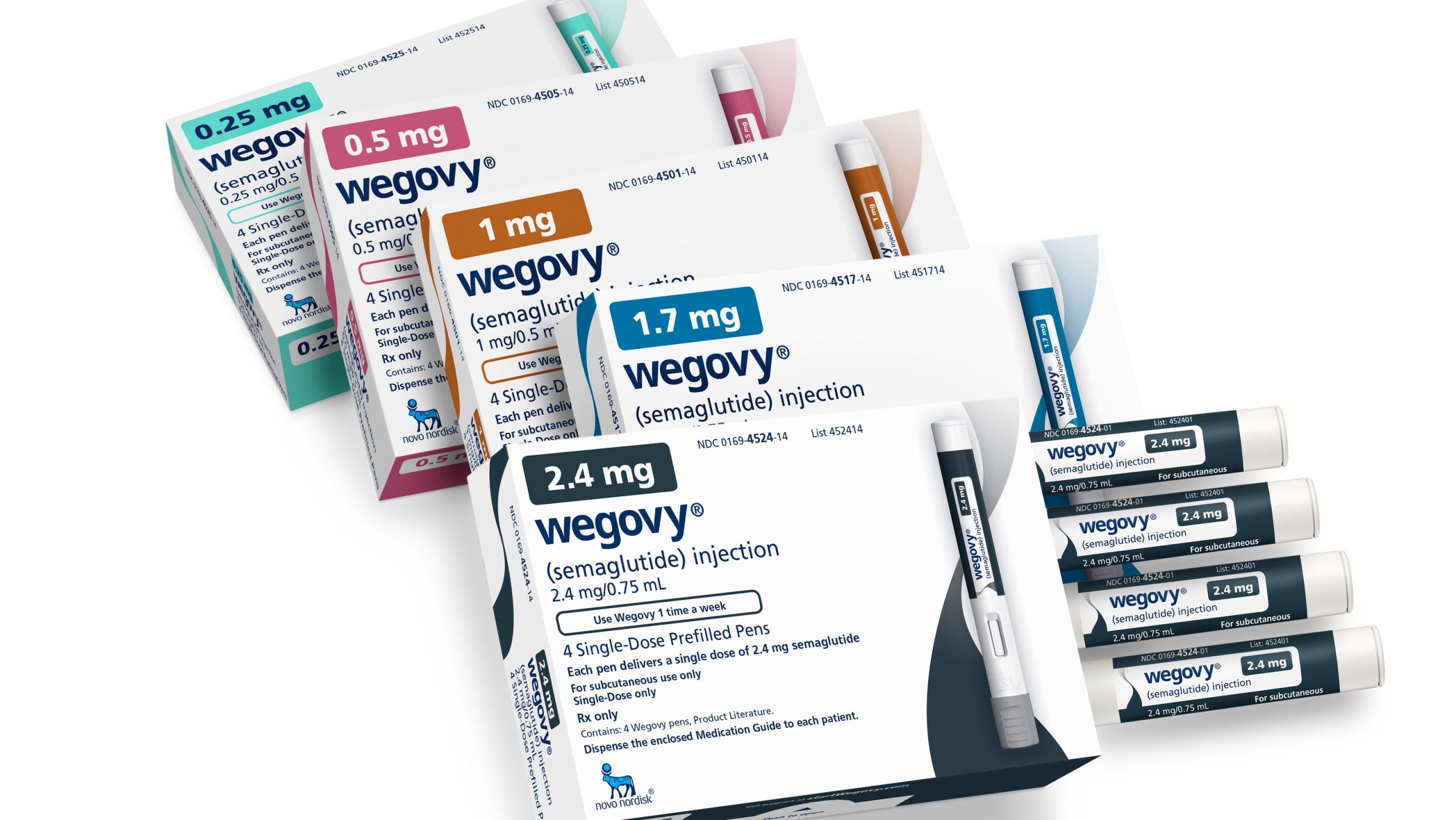Cardiovascular
New weight-loss drug Wegovy has major heart benefits, too
Many people with obesity also have heart disease, and the latest research confirms that new weight-loss medications may help with both.
Trial subjects with both obesity and a condition called heart failure with preserved ejection fraction saw significant benefit from taking the drug semaglutide for a year, a Friday study in the New England Journal of Medicine showed.
“It’s a big deal,” said Dr. Eric Topol, a cardiologist and founder and executive vice president of Scripps Research in La Jolla, California.
Previous studies of weight loss in patients with heart failure didn’t show the same benefit, suggesting that the mechanism of this new type of drug makes a difference, said Dr. Nishant Shah, a preventive cardiologist at Duke University Medical Center in Durham, North Carolina, who described the cardiovascular benefit of this type of medication as “profound.”
“It’s a great agent to help people lose weight, especially if they have risk factors for cardiovascular disease,” Shah said. “That in itself can really turn around someone’s trajectory.”
Losing weight, Shah said, can also make it easier for people to be active, which can help their heart even more.
Heart attack and stroke riskappears to fall for people taking the weight-loss drug Wegovy
Roughly 1% to 2% of Americans have heart failure with preserved ejection fraction and studies estimate that up to 80% of them also meet the definition of obesity or overweight.
Previous research showed the same drug’s effectiveness in people who already had a heart attack or stroke.
New class of drugs for diabetes, weight loss
Semaglutide is part of a new class of drugs called GLP-1 receptor agonists developed to treat diabetes but is now also used to treat weight loss.
Novo Nordisk, which funded both recent trials, sells semaglutide for diabetes under the name Ozempic and for weight loss, as Wegovy. Both drugs have been in short supply for most of the last two years and remain difficult for many people to get, particularly at the lower, initial doses.
The Eli Lilly drug Mounjaro, a GLP-1 drug that also acts in a second way and may lead to even more weight loss, is currently only approved to treat diabetes. The Food and Drug Administration is expected to consider its approval for weight loss later this year.
Other companies are developing other drugs in the same class.
“These drugs really help us enhance strategies towards modifiable risk factors,” Shah said. “We can’t control our genetics. We can’t control our age. To really optimize our risk, if we can control what we can modify, then we’re all in a better position.”
Details about the study
In the study, which was also presented Friday at the European Society of Cardiology Congress in Amsterdam, 529 people were randomly assigned to receive either a placebo or to ramp up to a 2.4 mg weekly shot of semaglutide, the dose typically used for weight loss.
Both groups were encouraged to exercise and eat a healthy diet.
The group taking the drug lost about 13% of their body weight over a year, while those receiving the placebo lost about 3%. On a measure of symptoms and physical limitations of their heart condition, those on the drug saw a 17% improvement, while those on the placebo saw just 9%, the study found.
Wegovy, Ozempic craze:Will the results last?
Those receiving the active drug were also able to walk further in six minutes than those in the placebo group, and a measure of inflammation in their blood dropped substantially.
Just over 13% of people receiving the drug reported “severe adverse events” over the course of the year, compared with nearly 27% of those in the placebo group.
Novo Nordisk is also studying their GLP-1 drugs in chronic liver disease and Alzheimer’s to see if the medications can make a difference in those conditions.
CONTRIBUTING: Adrianna Rodriguez, USA TODAY
Contact Karen Weintraub at [email protected].
Health and patient safety coverage at USA TODAY is made possible in part by a grant from the Masimo Foundation for Ethics, Innovation and Competition in Healthcare. The Masimo Foundation does not provide editorial input

